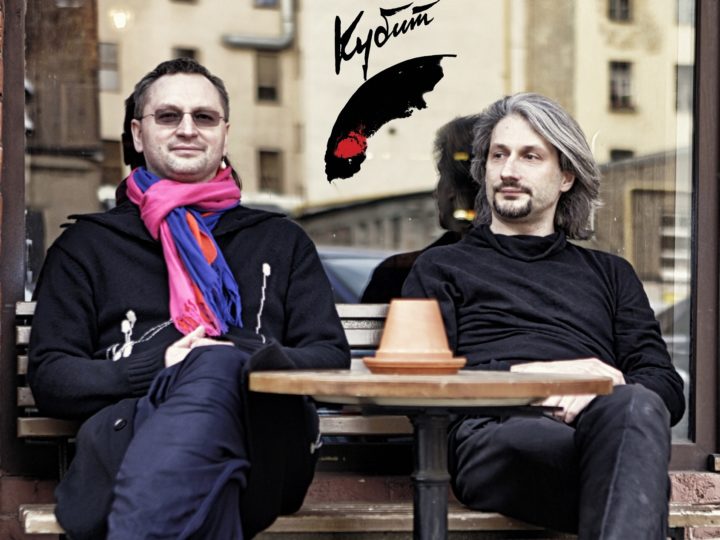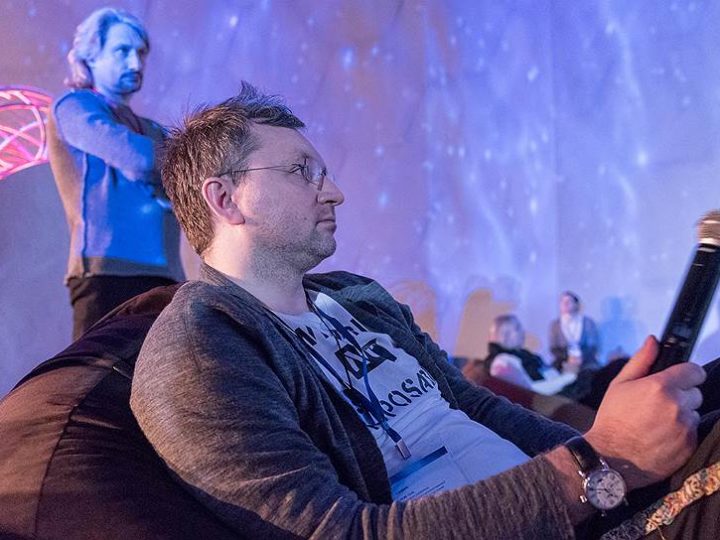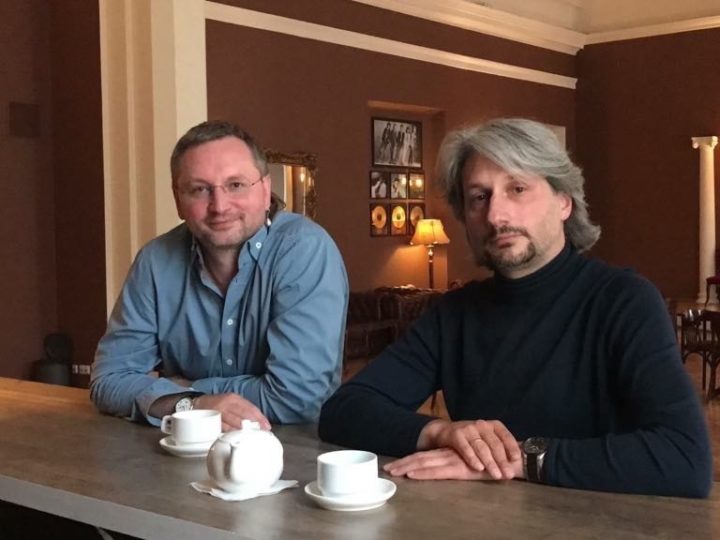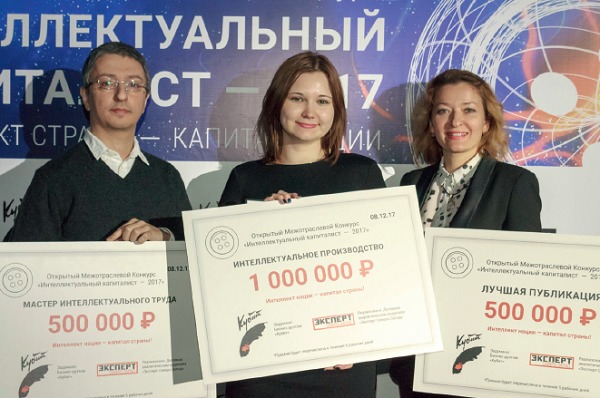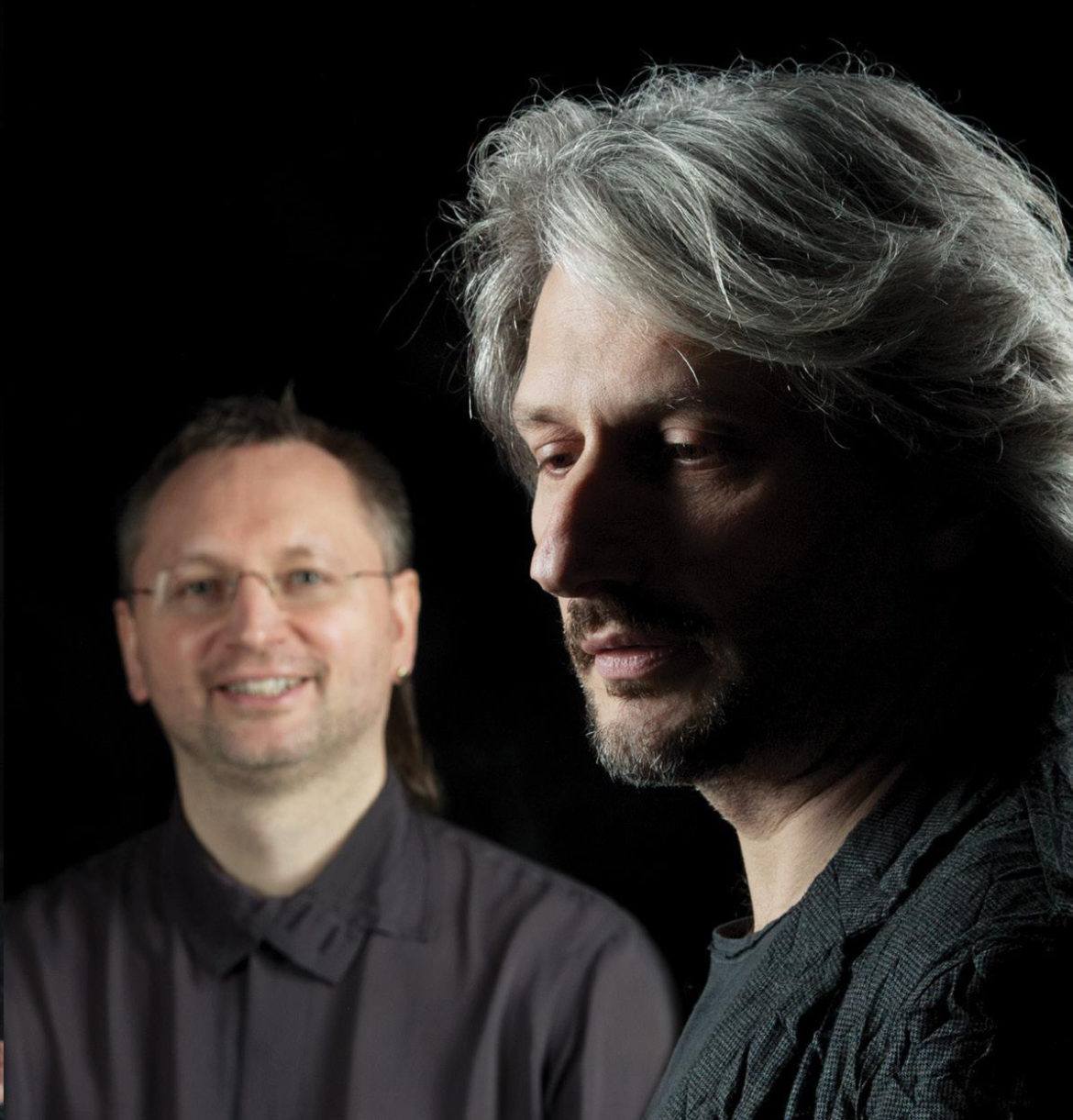
Valery Platonov and Pavel Savchenko
tell the editors how to consider a new value in a long-term partnership, why to form a new K2B sector in the economy and why services need design
Why QUBIT?
Valery Platonov (VP): QUBIT, because of quantum physics is currently driving.
Pavel Savchenko (PS): A bit is either zero or one. Qubit is a different state when each of us can be both zero and one. We can take the position of one and the other, stand up for two opposing or contradictory ideas. It helps a lot to look at the other idea from the outside, to see what the other cannot see, but to act together in block.
VP: We have been working together for over 20 years and felt at some point that the our interaction gets very similar to such a thing as information. This property of our duet suddenly appeared very valuable to us.
How did your collaboration begin?
VP: In the late 1998, I visited Pavel and said, “Let’s make a new start up.” And we created Platonov’s Legal Consulting, specified our positioning as B2B and formed areas of activity. We dealt with law, taxes and accounting support, and considered each other as partners.
PS: But over time, the feature mentioned above was getting more and more clear. And the word “partners” is now not very suitable. The word “duet” appeared. If partners are completely independent and often share functions or even work together in only one section, for example, in economics, then we felt like a duet. This is one unit divided into two heads.
Do you remember exactly the transition to the duet?
VP: A few days passed from the moment we realized the necessity of changing something until the insight when we enthusiastically recorded that everything had happened. We identified ourselves as a business duet. And the name came by itself and at once. It was about three and a half years ago.
How did your previous experience affect your duet? What did they take from your old base? What was recycled?
PS: As early as the beginning of our partnership, we wondered how to turn our activities into business, that is, how to adjust work to make the company’s product not depending on certain individuals. Which, as you know, is a challenge for consulting. Along this way, we tried a number of things: knowledge management, a Knowledge Center building. We became the first consulting company to implement a balanced scorecard in our holding and in an evolutionary way approached the process of intellectual capital management. Thanks to what even in those early years we began to accumulate the so-called intellectual capital.
VP: The intellectual capital means the foundation of our activities and our business which continues to be formed.
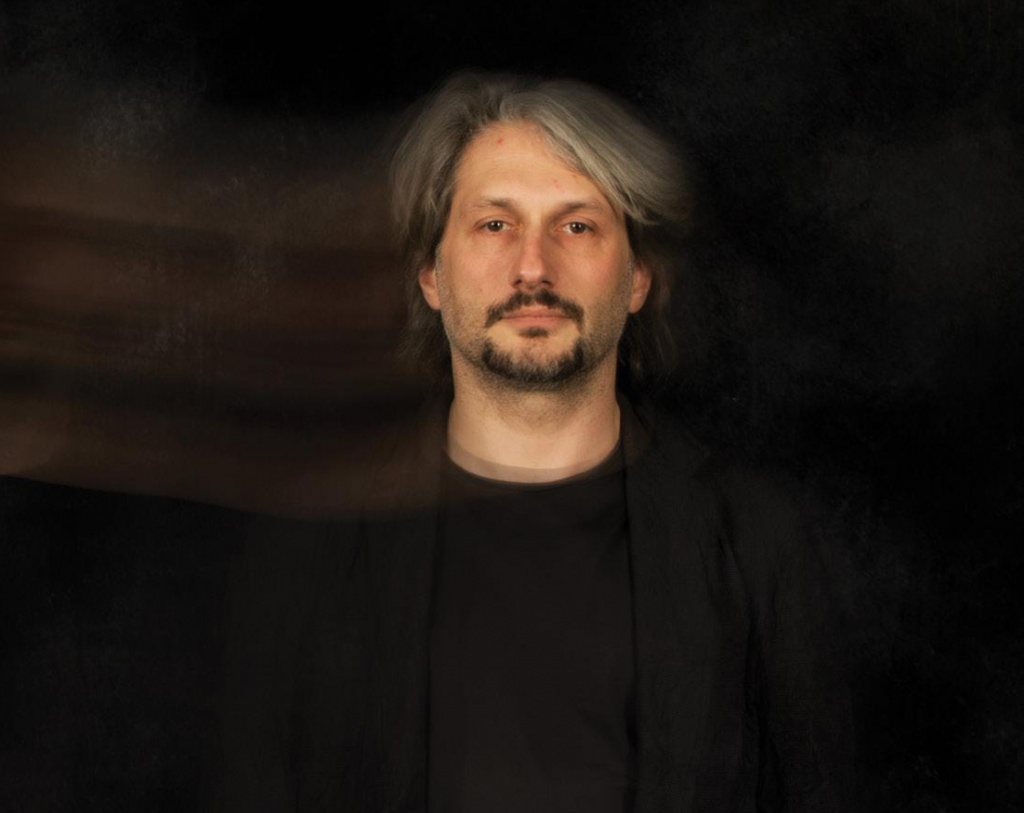
PAVEL SAVCHENKO – is a practicing top manager, is a member of the boards of directors of companies in various business fields. A co-author of the “Management of Intellectual Production” course, a co-author of the InArt – The Art of Intellectual Business, a co-author of “On Ownership” philosophical trainings.
But you say that you have come to realization that now we coexist on a different level. So the foundation is now new, isn`t it?
VP: No, it is the same. It was the old foundation that allowed us to introduce a new system, resource management of companies. And then, the intellectual capital management system. That is, we are developing our new value and creating a new consumer product on the old platform with new tools.
PS: We have left the operational management of our companies and formed a new level company. We began to create a business not within the classical meaning, but within the understanding of ownership. We want to find a balance to allow development of companies, but companies will no longer depend on us as owners (on us personally). That is, we build a business unit of the next level, based on our experience and knowledge accumulated in our facilities.
VP: We were young and, of course, we did not know how to implement all this. And 15 years later, we came to understanding how this idea can be realized.
PS: Our holding structure included Alter Ego, a management company. Its withdrawal from the consulting holding Platonov & Partners was the starting point for the QUBIT business association. Yes, for 15 years, from a small legal consulting agency we grew into a holding. You can read about it your journal No. 9 for 2011.
VP: To replace one management tool, a management company, with another management tool (a possessory company). And we transformed the holding itself into one property, the Business Support Agency headed by Andrei Alexandrov.
At the same time, you do not call Qubit an agency.
VP: No, of course! QUBIT is a possessory company. We created it to possess businesses.
PS: We founded the QUBIT business association to possess our businesses.
What do you want now as the Qubit Business Duet?
PS: We have a few intentions to create new knowledge-based businesses, independent or in partnership.
VP: Our task as owners is creation conditions for our businesses. We see that so far these conditions for the K2B sector in the country have been not as good as we would like, but we are not discouraged and are trying to change this.
Let`s imagine a client who says, “I need to develop a business and use your progressive understanding.”
PS: They are the exact words to apply to us.
Will you get into his documents? Change the regulations?
PS: We have the Business Levelling project. It may be something small, like a start up. Or maybe something big and significant like businesses larger than ours. Such customers often find new vectors for development at QUBIT. Sometimes, we are part of the board of directors. Sometimes they are not even our customers. Because the fact of participation, with our views, mentality, worldview, brings a lot to the company.
VP: we are ready to share our experience, because knowledge-intensive technologies, intellectual capital management and resource management technology are promising tools for managing companies in any sector.
Is there a formalized identification of a knowledge-intensive industry?
VP: In the 60s of the last century, the definitions of the knowledge economy, information economy began to appear. In 2007, V.V. Putin used the term “knowledge-intensive economy” in his address to the Federal Assembly. We can think that it was the official start of this concept in Russia. The B2B economy sector (Business to Business) has the K2B (Knowledge to Business) segment, or “Knowledge in Business”, a term that we invented. Generally, this means serving with an idea or knowledge, producing and selling knowledge. In a loose sense the segment is called “consulting business”. But the consulting itself does not settle the whole sector. Business schools, engineering, architectural bureaus, advertising and marketing activities also drop here. That is, everything that can be described by the “intellectual product” concept, everything created by intellect and has an accurate entrance to another business. The K2B segment is very stable. And we consider it to be highlighted since it has its own needs.
PS: We identify intellectual production as a product of human intellect only, as creation of intellectual benefits. Consumption of such values ensures personal and social well-being. Intellectual capital acts as the main reproducible factor of production. We should not confuse it with the “smart production” concept when it comes to an industrial company that creates material products using new technologies.
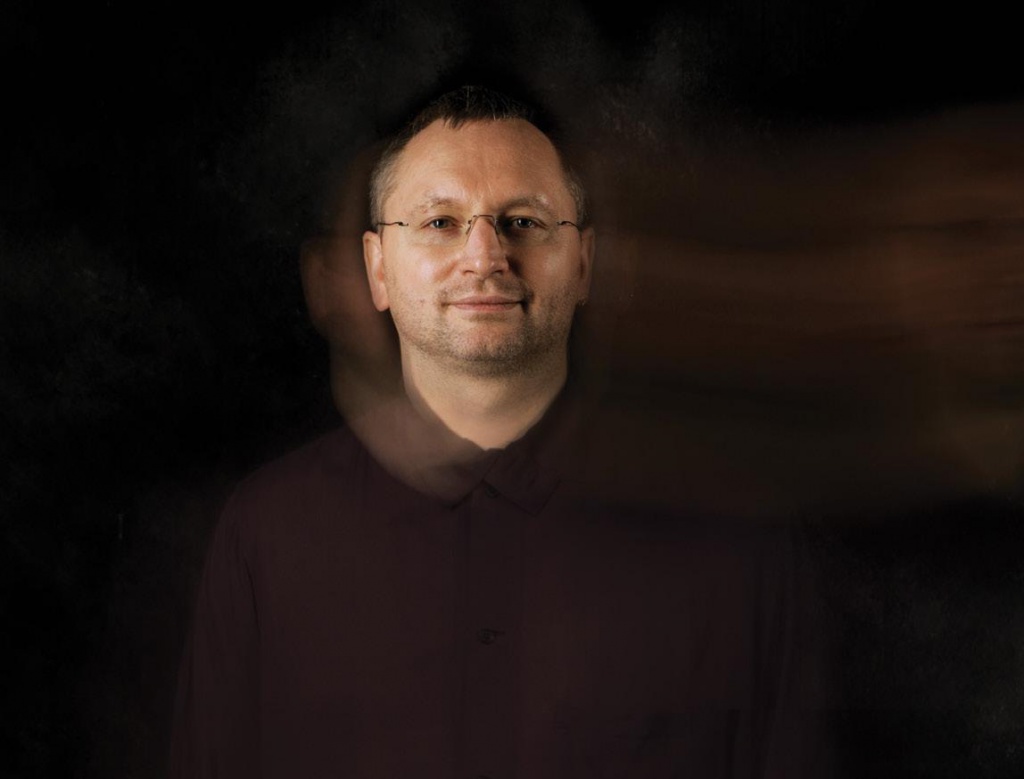
VALERY PLATONOV is an intellectual capitalist, an expert on economic innovation. A co-author of the “Management of Intellectual Production” course, a co-author of InArt – The Art of Intellectual Business, a co-author of the “On Ownership” worldview trainings.
Why is a niche required?
VP: We all can often hear that consultants are different. They are not the smartest, they do not give the result requested. The only way to solve this problem is to single out a sector and launch there professional or industrial standards. And, importantly, we’re talking about interdisciplinary matters.
PS: Why does business need knowledge? When does it buy them? When it lacks something. Growth can be quantitative, and then you buy machines, areas, and people. Or cam be qualitative, and then you buy knowledge.
VP: When you come to a restaurant and order a Russian salad, you know what they will serve. Yes, the cuisine can be original, there can be some departures from the general rules, but the Russian salad is a recognizable and expected dish. And when you get in today`s consulting sector … Instead of a “Russian salad” here you can be served with anything, even a “soup”.
This destroys the industry from all sides. Therefore, in Russia there are few good global brands with knowledge -intensive content. They are, and we need to be proud of this. For example, Yandex and VKontakte.
PS: I can recall “Kaspersky”. But any way, there are still very few of them. If not to consider the military-industrial complex, what else can we be proud of at the world level?
Is that all? Really?
PS: As for knowledge-intensive industries, perhaps that’s all.
VP: Recently I have been to an economic forum in Kursk. I found out a curious thing. Kursk State Medical University is the leading one in the country in the number of foreign students. Because they invented an excellent pass: they took the most common diseases in the world regions and developed specialized educational programs. As a result, they have a huge flow of students from other countries and high financial turnovers.
That is, you are trying to raise a new industry alone?
VP: Not that alone. But it all starts with something. I am sure that in Russia there are people who think the same way we do. But so far there are few ways for our association. Surprisingly: the service market in any economy is the largest market. However, for this market, there is neither specialized education, nor software. We are like voices in the wilderness…
PS: That is, we are far from belief that we are the only ones who think about the industry. There are enough such people. However, there are not enough resources for consolidation and communication. Our project “Intelligent Flow” has already existed for the third year – a platform for manufacturers and consumers interaction in intelligent services.
Can you assess the consulting niche?
PS: For this particular reason “Intelligent Stream” was launched. We collect owners in various industries, including material production, we invite foreign experts. For example, Thomas Stewart, Executive Director of The National Center of the Middle Market at Ohio State University (USA), the author of The Intellectual Capital, a former editor and Managing Director of Harvard Business Review. In 2016, T. Stewart presented the American school at our Intellectual Service conference, and this year we invite Goran Roos, a representative of the European school, a world expert in the strategy and innovation management, the author of the book Managing Intellectual Capital in Practices. We hope such a dialogue will help to advance in our work. Indeed, in the West the industry also exists not so long. It appeared just 10–20 years ago. And we already have something to tell them.
Do you easily get in touch? Can anyone write or call you?
VP: Easily! We have now accumulated enough experience and knowledge and we are not afraid to share it. Social networks, messengers and personal meetings.
PS: Well, come to our events. And we go to the events of our associates. We have the main resource – life which we don’t want to take in both hands and eat it. It needs to be channelled into a write direction.
VP: To the question, “Why are you doing this?” we answer, “So that our children stay living in Russia.” And this can be ensured with jobs for intellectual people, and with the market formation.
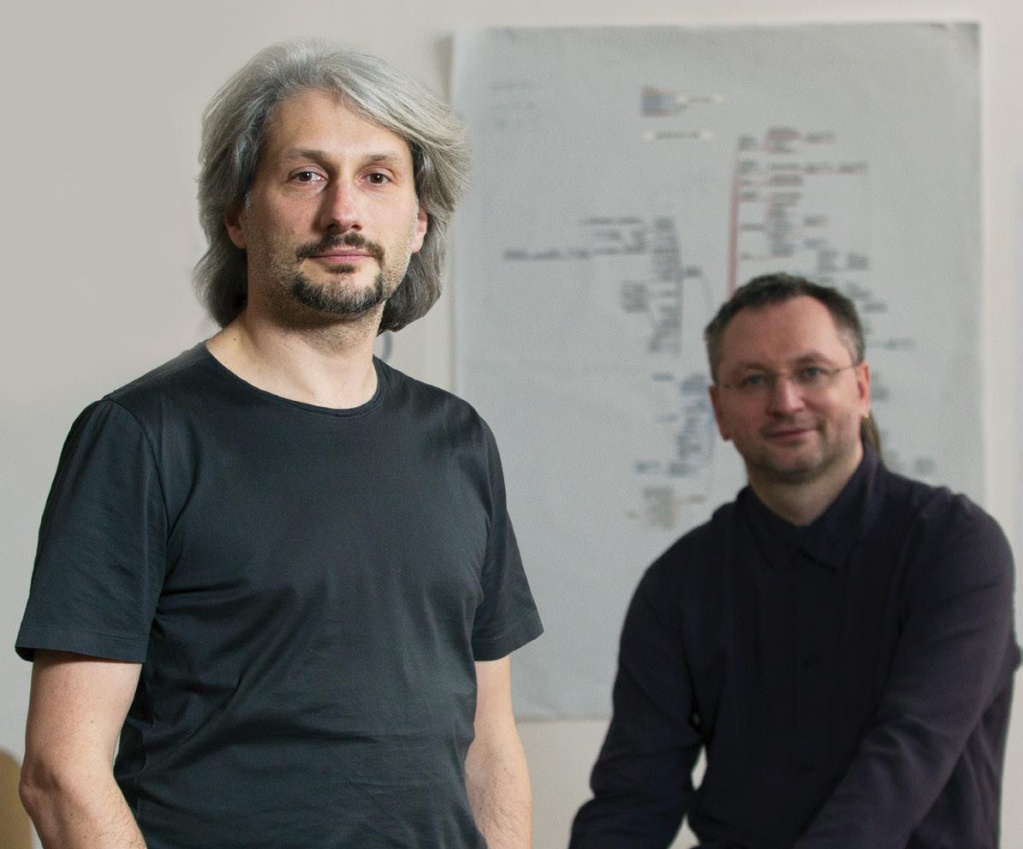
What do your colleagues say when you talk about the industry formation?
PS: Here is a lot of skepticism. As for the “Intellectual Capitalist” contest we are talking to advanced educated people … The contest provides good cash prizes. But we face perplexity and the question: “Where is a trap?” Then people take a break and disappear. Sadly, society has forgotten how to trust. And they are young people, we don`t even talk our generation and older.
VP: But when we see the happy faces of the winners … Last year, an assistant professor of the Don State Technical University (Rostov-on-Don) won a nomination in the contest. She was very surprised about the fact that someone read her article, appreciated it, then invited her and awarded.
Did they give a lot of money?
VP: The “Best Publication” nomination award makes up 500,000 rubles.
PS: We want to change the worldview of people towards what can and should be invested in life around us. To invest not only finance resources, but ideas, forces, time, relationships, knowledge
In addition to the contest and the conference, what else can help to unite around you?
VP: Yes, we have our fold club. To be exact, we call it the team-mates club. We are open to communication.
PS: At the same time, we should dig not wide, but deep. The quality of the people involved in the stream is important, not their number. If we succeed in uniting at least a thousand of such people, then this will be an excellent platform for the knowledge – intensive economy in Russia. Well, let’s relax and have fun together! I am not kidding. Once, on Rubinstein Street we arranged an intellectual courtyard. It was great and helpful.
Do you celebrate your success? Is your business progressing?
VP: When we held the first conference, the audience could not understand the term “intellectual services”. Now, the words “intellectual product”, “intellectual production”, “intellectual capital management”, “intellectual battles” are understandable to many. Our further task is to turn clear words into clear actions.
PS: It’s time to realize that the nation intellect is the country’s most valuable capital. We are facing challenges which must overcome, otherwise we will lose the straggle for new markets and human resources. Let’s make this breakthrough together.
Interview: Timophei Kareba
Photo: Yuri Tsoi
Published in the “Man of Business” journal No. 5 (23), October-November 2018
http://www.chief-time.ru/leaders/list/biznes_duet_kubit_/

